"Šešelj is symbol of ethnic cleansing"
Helsinki Committee for Human Rights in Serbia President Sonja Biserko says SRS party leader Vojislav Šešelj is "a symbol of ethnic cleansing."
Wednesday, 12.11.2014.
15:52

"Šešelj is symbol of ethnic cleansing"
"Vojislav Šešelj was a symbol of ethnic cleansing, looting, Slobodan Milošević was the designer, but he was operational on the ground when Croats were expelled from Srem, when lists were made of unfit persons," she told journalists during a gathering in Belgrade dubbed, "Resistance to Extremism."She pointed out that Šešelj's return is only spoken about in two ways - as the return of a victim of the Hague Tribunal, but also as part of "a paranoid picture," where he is seen destabilizing the government of Serbia.
According to her, no one comments on how much Šešelj is responsible for the fact there has been no verdict in his case at the Hague.
"He saw all the weaknesses of the Hague Tribunal, but the court is also responsible because it failed to finish the trial in a proper way by producing a ruling, which is very important for us, but also the region," said Biserko.
President of the Committee for European Integration and International Cooperation in the Vojvodina Assembly Maja Sedlarević said she was terrified of "the relativization of the return of Šešelj," where he is portrayed as a victim.
"I come from Hrtkovac and I remember what Šešelj did, I remember my neighbors Croats who had to return to Croatia," she said during the gathering.
President of the Independent Journalists' Association of Vojvodina Dinko Gruhonjić also spoke to note that "this way of presenting Vojislav Šešelj shows that the society has reconciled itself with extremism."
"It seems that Šešelj will slip through without a verdict - but what does it matter when Tomislav Nikolicć is president, Aleksandar Vučić prime minister, Maja Gojković parliament speaker, and Igor Mirović a senior official," he said, in reference to the fact they were all at one point prominent members of Šešelj's Serb Radical Party (SRS).
Gruhonjić added that these were the people who "advocated killing as a legitimate way of dialogue with our neighbors," and who are now supposed to "lead Serbia to Europe."
Before he was granted provisional release on medical grounds Šešelj spent nearly 12 years in detention at the Hague, after turning himself in in early 2003, immediately after the war charges against him were disclosed.
He is accused of committing crimes against Croats and Muslims in Croatia, Vojvodina and Bosnia-Herzegovina in early 1990s, and his trial is still ongoing.


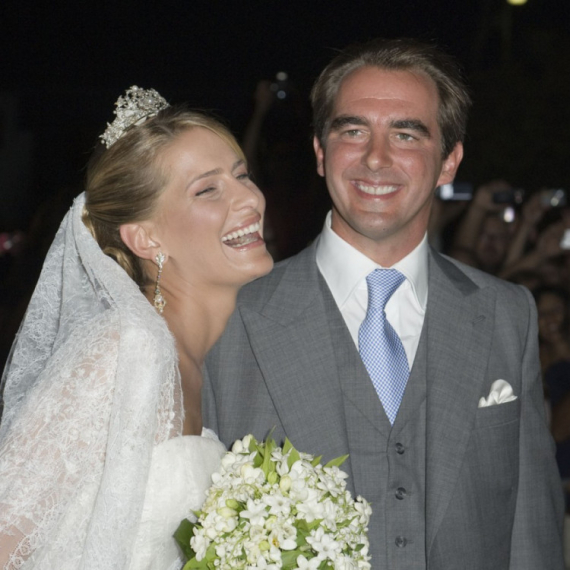







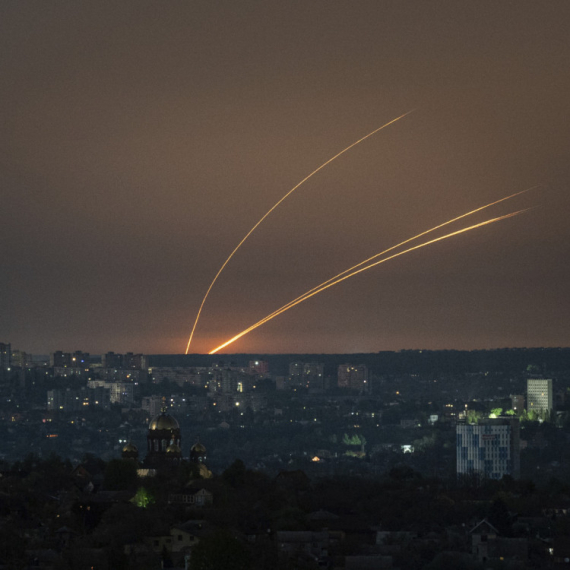

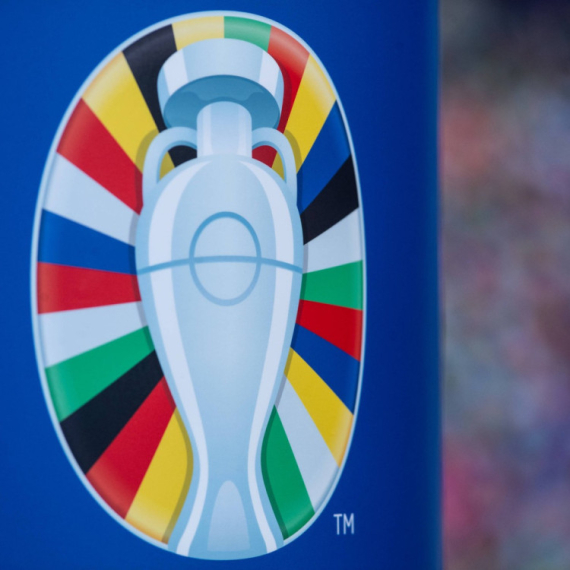
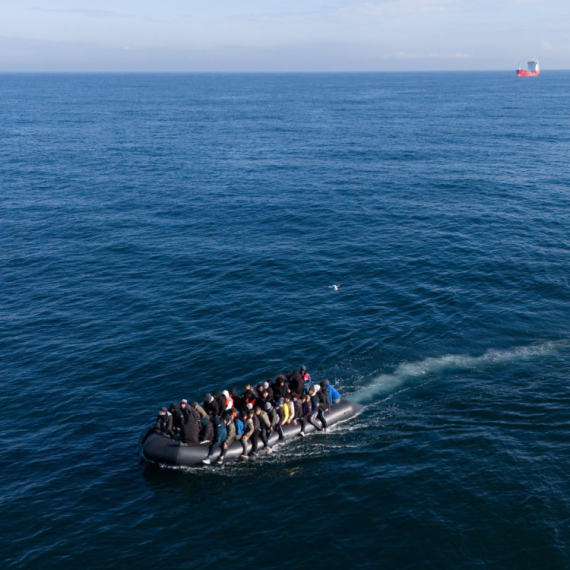
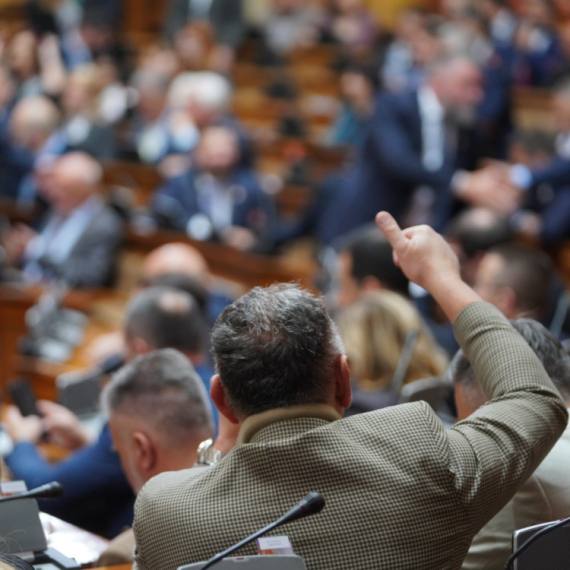

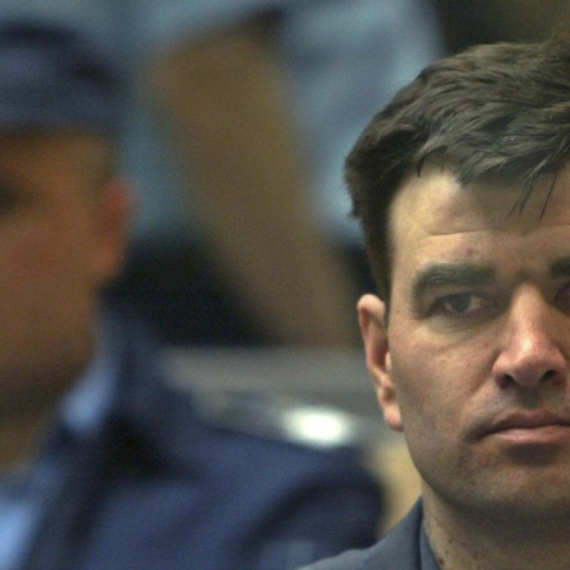


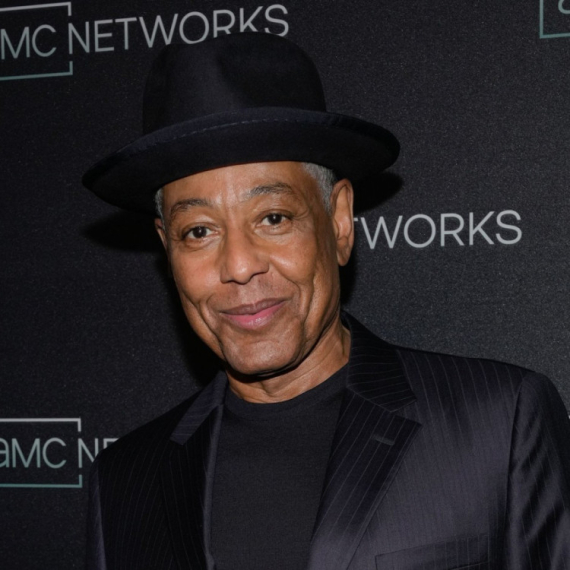

















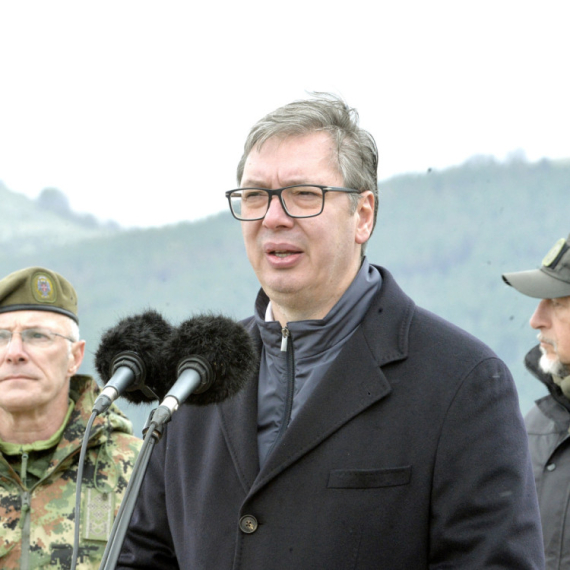
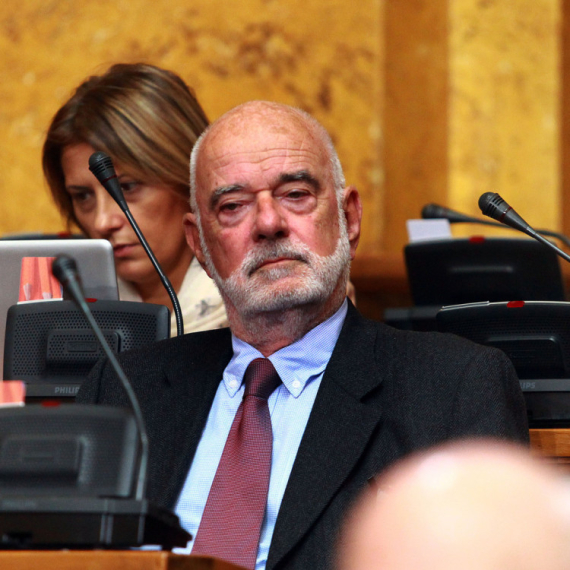

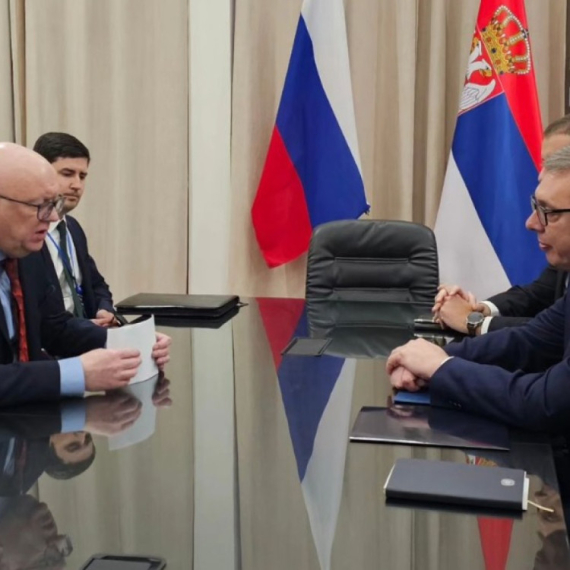


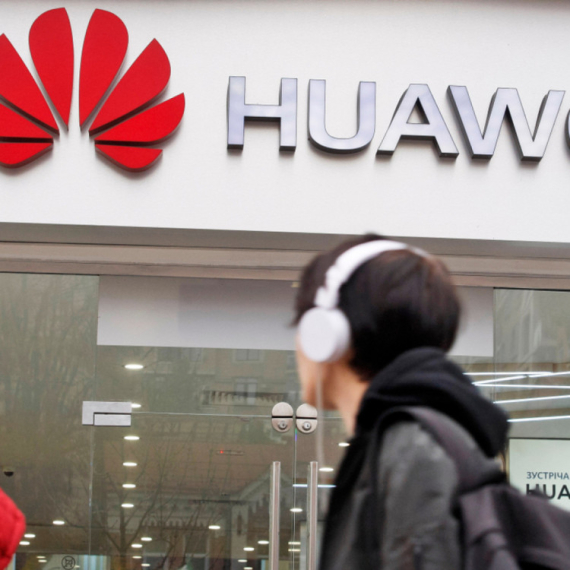
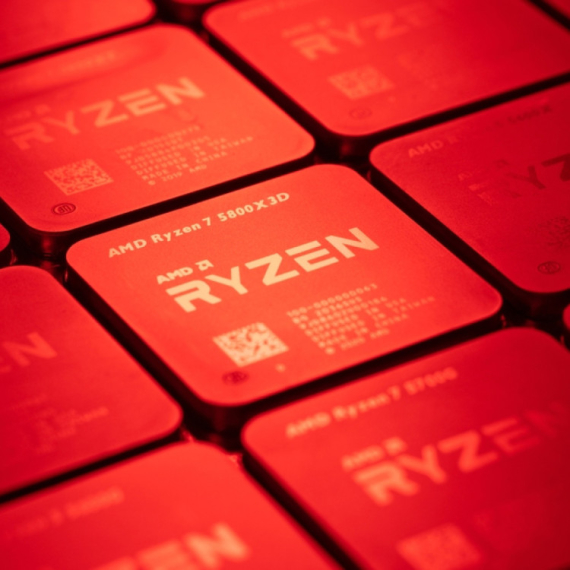

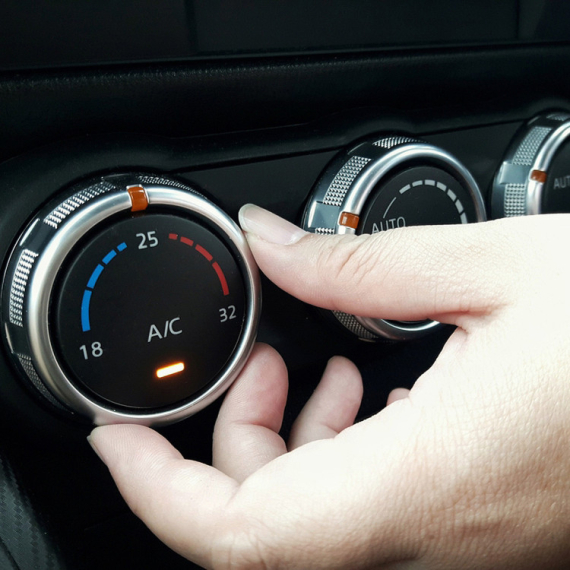





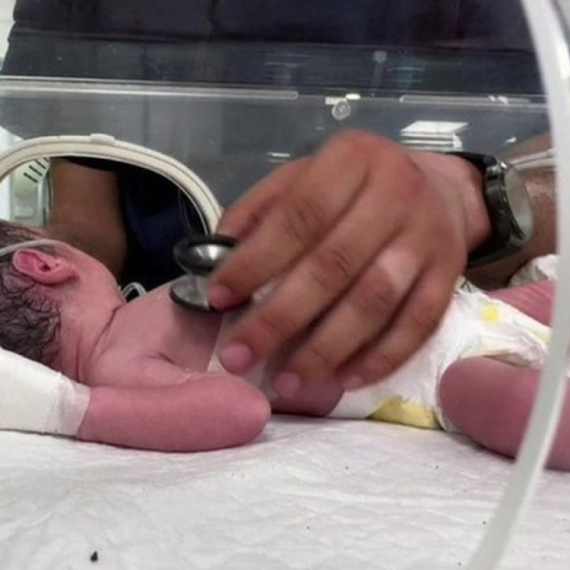

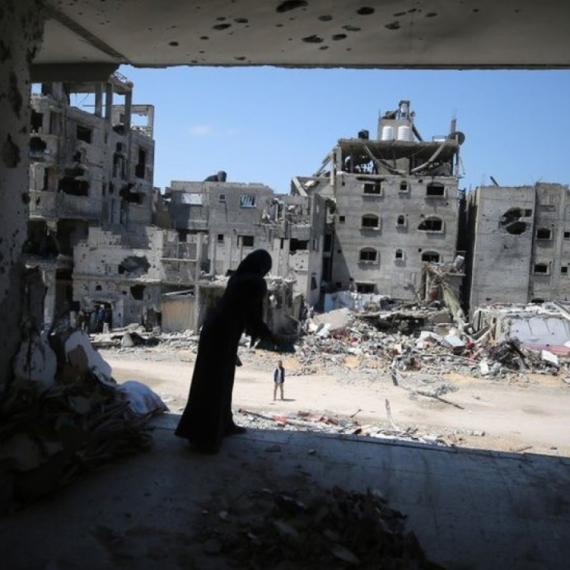
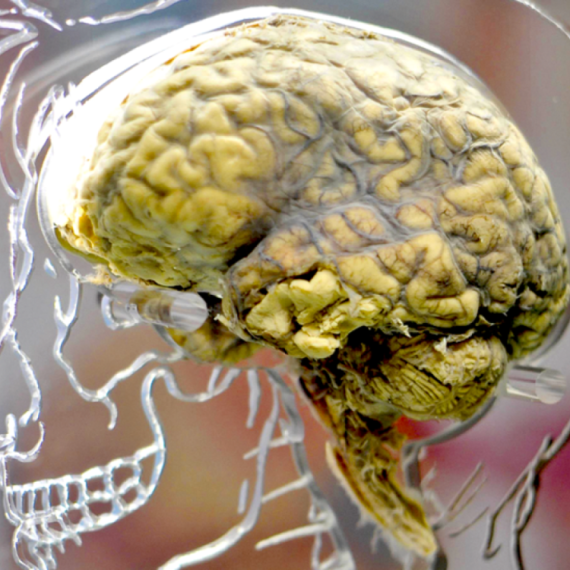

Komentari 33
Pogledaj komentare